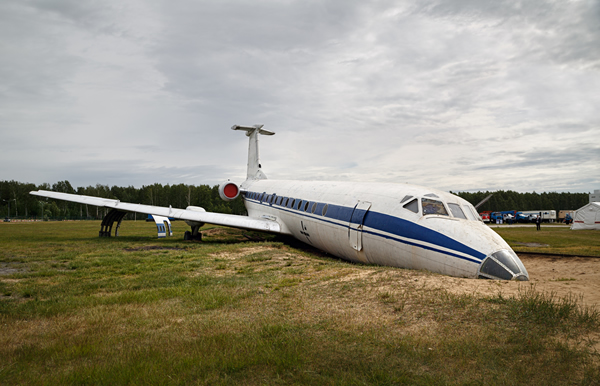Aircraft Failure to Yield Right of Way Lawsuits
There are set rules on the right of way for aircraft, whether they are on the runway or in the air. When one aircraft fails to yield right of way, it can lead to disastrous crashes that can severely injure the passengers and crew on board both aircraft. Depending on the circumstances, it can be extremely complex determining who is at fault and why a collision occurred in right of way aircraft collisions.
Runway collisions are more common than those that occur in the air. Major airports have intricate procedures to ensure all aircraft are aware of which runways and pathways are clear, negating the need for pilots to make right of way decisions. However, weather, technical difficulties and other factors can create situations where pilots must use their training to make right of way decisions on the ground to avoid colliding with other aircraft.
In-Air Aircraft Collisions
If an in-air collision occurs between two aircraft, it is not likely that both are commercial airplanes. Commercial flights have set flight plans that help negate pilot error or the need to yield right of way to another commercial airplane. However, when private planes or helicopters are sharing the same air space, there is a higher chance of in-air collisions. The “see and avoid” rule that is standard among pilots in Federal Aviation Regulations sets forth a specific set of rules that pilots need to use when confronted with another aircraft in flight, whether it is avoiding a head-on, converging or landing collision.
Failure to yield right of way aviation lawsuits are complicated. There are two separate aircraft and crews to examine to determine fault and why the collision occurred. There may be injured victims from both aircraft, including the crews, and in severe collisions, many casualties. Our team at Conley Griggs Partin LLP has an exceptional aviation legal team to help uncover the facts for our clients and work diligently to obtain compensation from the at-fault parties for our clients. Contact us today to schedule a consultation.
